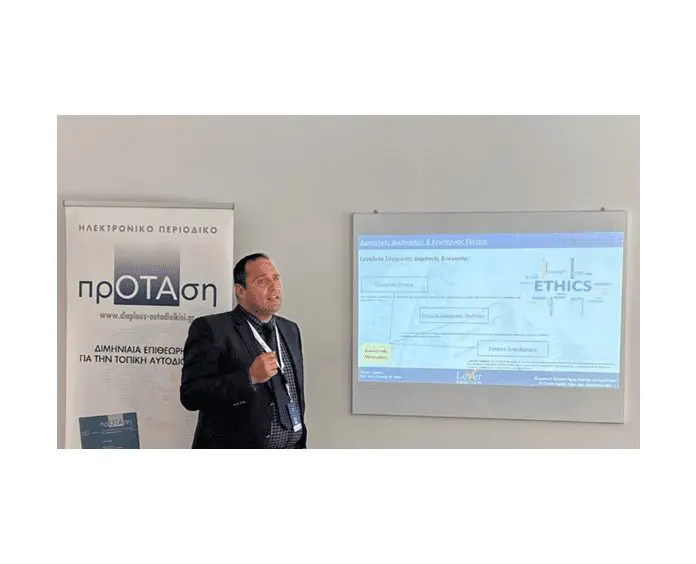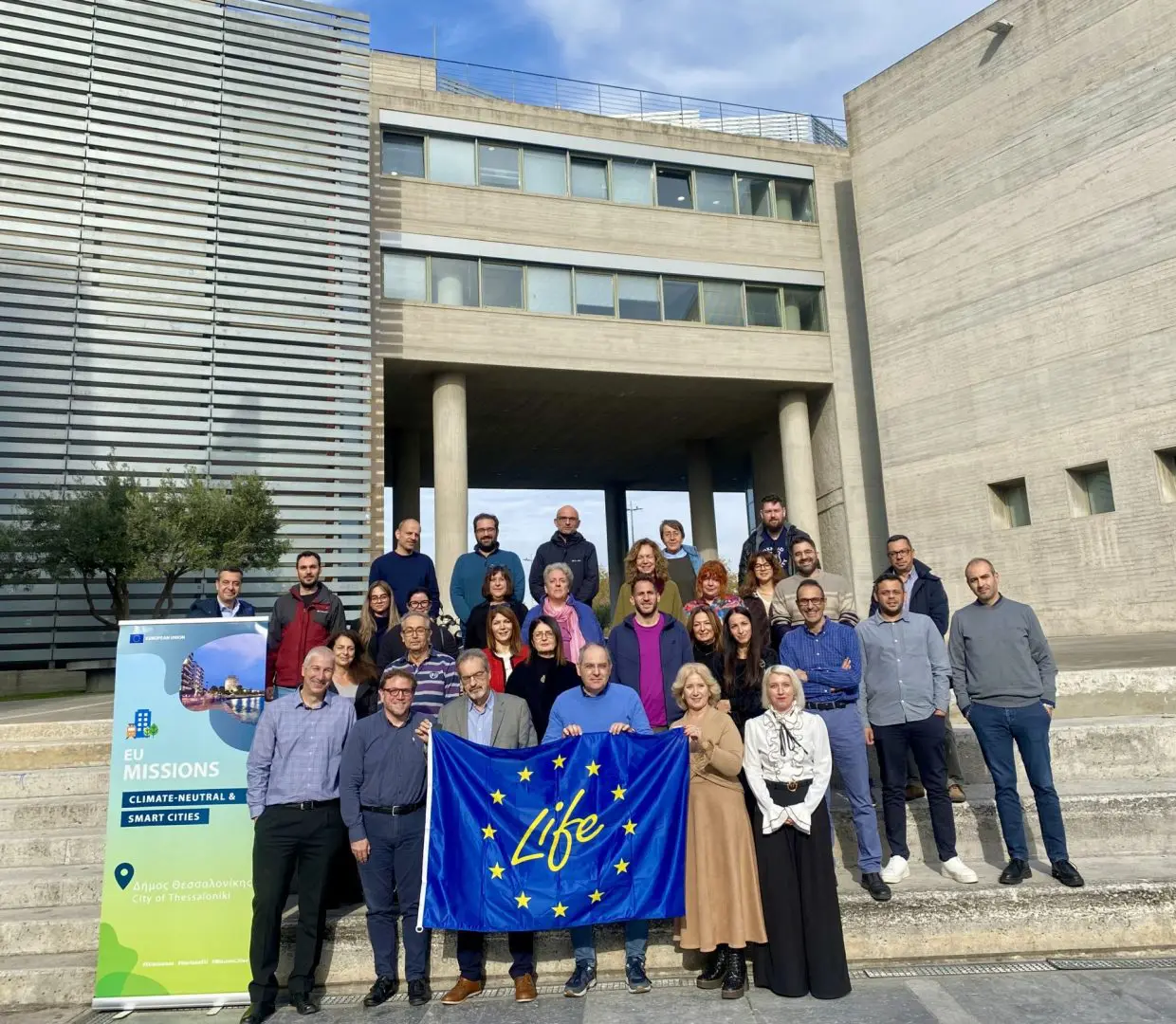Internal Audit is one of the three modern Public Administration tools[1] that Local Authorities have at their disposal to improve their Administrative functions. But how can Internal Audit provide solutions in practice?
Initially, it provides a solution to the absence of recorded procedures by systematically recording them and analyzing the risks and failures they entail. The benefits of recording are not only reflected in the better information and control that the Administration can exercise internally but also in the sense of transparency that can be developed among citizens.
Internal Audit records the risks and provides assurance of the adequacy or otherwise of the Local Authority’s administration and management models in accordance with the principles of effective administration according to Law 4795/2021. Based on this, the Management is able to know, for the first time, the pathologies and problematic areas of the Local Authority, systematically recorded and within the framework defined by the International Internal Audit Standards (IIA Standards, COSO Framework).
However, assurance is only one aspect of the Internal Audit offer, since its duties include providing advisory proposals for improving operations, fulfilling objectives and minimizing the fiscal risks (decision ΦΓ8/2020 of the Court of Auditors) that the Local Authority faces. Indeed, the Internal Audit Department, with the systematic collection of information and knowledge of the structures and procedures throughout the Local Authority, is able to propose control controls and equip the Management with comprehensive proposals for the effective operation of the Local Authority.
[1] The other two are the Quality Management System and Corporate Governance.
Lever SA’s Internal Audit services include:
Recording, in collaboration with the heads of departments, the Municipality’s operating procedures that have a financial impact and affect the Municipality’s financial management and financial data.
Informing the political bodies and the heads of departments on organizational issues, ensuring audit procedures that identify and prevent errors – omissions.
Highlighting the issues that the Municipality needs to improve, in order to avoid errors that could negatively affect its financial situation.
Identifying the issues that hinder the efficiency of the municipality’s services and affect the quality of the results produced by its organizational units.
The stages that make up the integrated control framework of Lever SA are:
Delivery of Process Mapping of the Audited Department
Risk Process Register
Audit Program of the Audited Department
Summary presentation: Summary of the most important issues identified during the Process Mapping
Presentation of findings: Detailed analysis of the various findings per thematic area that includes observation, impact, suggestion for correcting the problem, comments of the audited unit and preparation of an Internal Audit Report of the Audited Department WITH OPINION.
Conducting workshops for the guidance, training and support of the municipality’s executives in carrying out audit activities and preparing an Audit Report.
Lecture C. Lever SA Internal Audit Executive at the Local Government Conference in Xanthi (12-15 May 2022)







